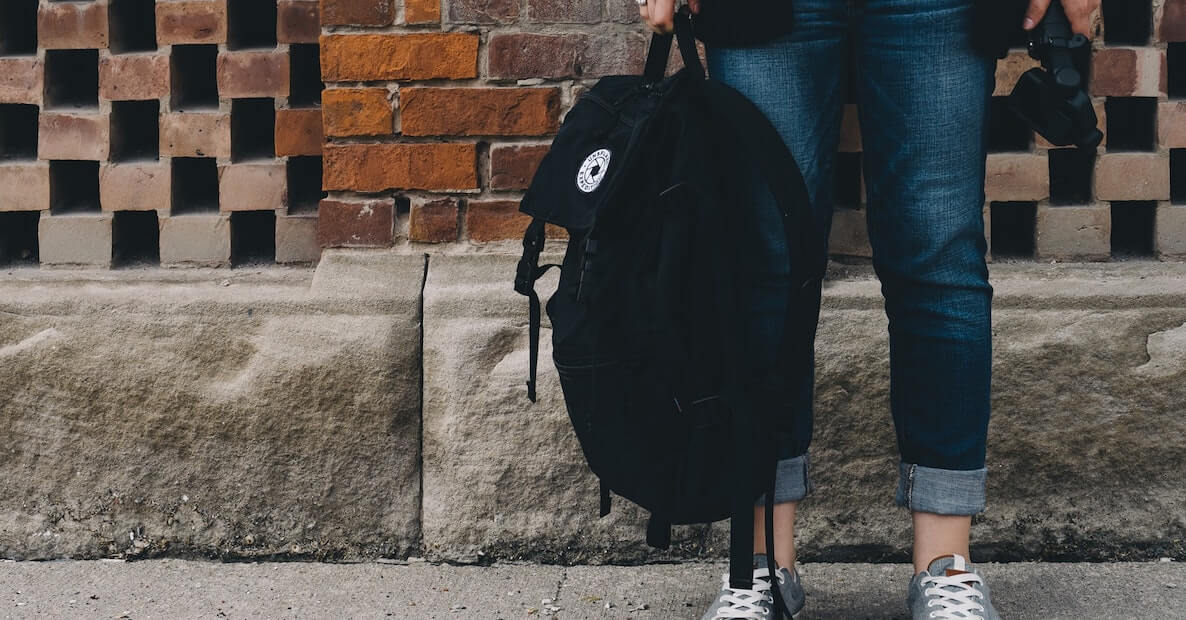Phase III of the School District of Philadelphia’s hybrid learning schedule kicks off next week, offering students up to 9th grade the option of showing up in person two days a week, in one of two cohorts: A for Monday and Tuesday; B for Thursday and Friday, with Wednesday off for cleaning. It starts May 10, and with days off, equates to a grand total of… 8 to 10 days of in-person learning for most students, with possible mornings set aside for PSSAs. (Special needs students are able to attend in person all four days.)
Is it worth it? Unclear. Meanwhile, how are they doing with unrolling the hybrid schedule?
We tasked our Mystery Shopper, who tests out city services, with finding out.
Steps Taken:
- I have a child in middle school, who has been learning virtually for over a year, who is eager to see her friends and teachers in person. So we were intrigued to find out about a possible hybrid learning plan.
- In mid-April we start getting emails from the SDP, linking to a form we need to fill out by April 27th, saying whether we plan to send our child for hybrid learning. It also asks if we are planning to “opt out” of PSSAs if offered.
- So far so good. I fill out YES to hybrid learning and send in the form, leaving open the question of PSSAs.
- Over the next couple weeks, teachers spend several days setting up back in school and training on how to do hybrid teaching—which means days of “asynchronous learning,” i.e. days of even less learning than usual.
- My child reports on various bits of information from her teachers, much of which is also available in a slideshow on her school’s website. (Including this: Students will have lunch in their classrooms, and will not be able to talk to each other. According to my child’s homeroom teacher, they may be able to text each other, though.)
- I ask again: Do you really want to go back in person? The answer: Yes.
- On Friday, my child tells me she is in Cohort A, which means she’ll start in-person on Monday May 10.
- Monday morning, I get an email from SDP with a PDF attachment with instructions on how to find out my child’s “Hybrid Learning Group”, i.e. cohort. It’s a series of screenshots which show me how to get to my child’s daily school calendar to answer the question “Am I virtual today?” Ok, but what cohort is she?
- I poke around our family SDP account and search—really hard—for an A or a B, or even some kind of statement about her associated days. It’s not there. All I get is the calendar, which says whether my child is “virtual” today. If it doesn’t say “virtual,” then presumably she’s in-person. Hmmm.
- I call my child over, and ask how she learned her cohort. She points to the calendar. “See? It doesn’t say I’m “virtual” on Monday and Tuesday. That means I’m in cohort A.” Ah, of course.
- Meanwhile, I get an email from Denise Fennell at the SDP with the following subject line: “Covid Consent Form.” It wishes me a good evening—it went out at 10:27 pm!—and asks me to “Please fill out form:1. wwwphilasd.org.
2. studentheakth@philasd.org
3. Scroll down — please fill out CONSENT form.”
- Astute readers will see what I realize after trying to click on the links above: Step 1 in Ms. Fennell’s email is missing a dot after www—so it goes to a nothing page. Step 2 would appear to have a typo—I assume she means studentHEALTH@philasd.org, not studentHEAKTH@philasd.org. But also: that’s an email address, not a web page. So, am I supposed to email my consent to studenthealth@philasd.org after I find it on the SDP website? Or…?
- I’m not an idiot. I go to wwwDOTphilasd.org, look for “Student Health.” And, well, it is not there. At the top of the page, in bright yellow, are various links to Hybrid Phase III, including Superintendent Hite’s note to parents, a list of schools that are opening, and “Air Balance Reports”—all useful. But not what I need. I scroll down the page. I click on various things. Nothing.
- I am now shaking my fist at the sky: These are the people in charge of educating my child? Did no one in the days since that email went out realize their mistake? Are they trying to make it extra hard to do this? Maybe they don’t want the kids to go back??
- I almost give up, then decide to go to my child’s school website. There, prominently, is a button: “Covid-19 Student Testing Consent Form.” Thank the maker! I’ve found it, and fill it out. (Later, I go back to SDP website, and type “Covid Consent Form” into the search bar, and it does get me to the form.)
- My head hurts.
- I sign up for the Zoom conference scheduled for Tuesday night to answer any outstanding questions about hybrid learning. I am making a list now.
Time Spent: 45 minutes
Takeaway: Thankfully, I have great confidence in my child’s school and administrators—but not everyone is so lucky. The incredible amount of time spent working out how to teach students for eight days in person, seems totally ridiculous—and much of that, like the time teachers are spending on training, my child would experience even if she weren’t going in-person. The level of disorganization and misinformation is more than ridiculous: It’s shameful.
Lightning Bolt ratings: 



